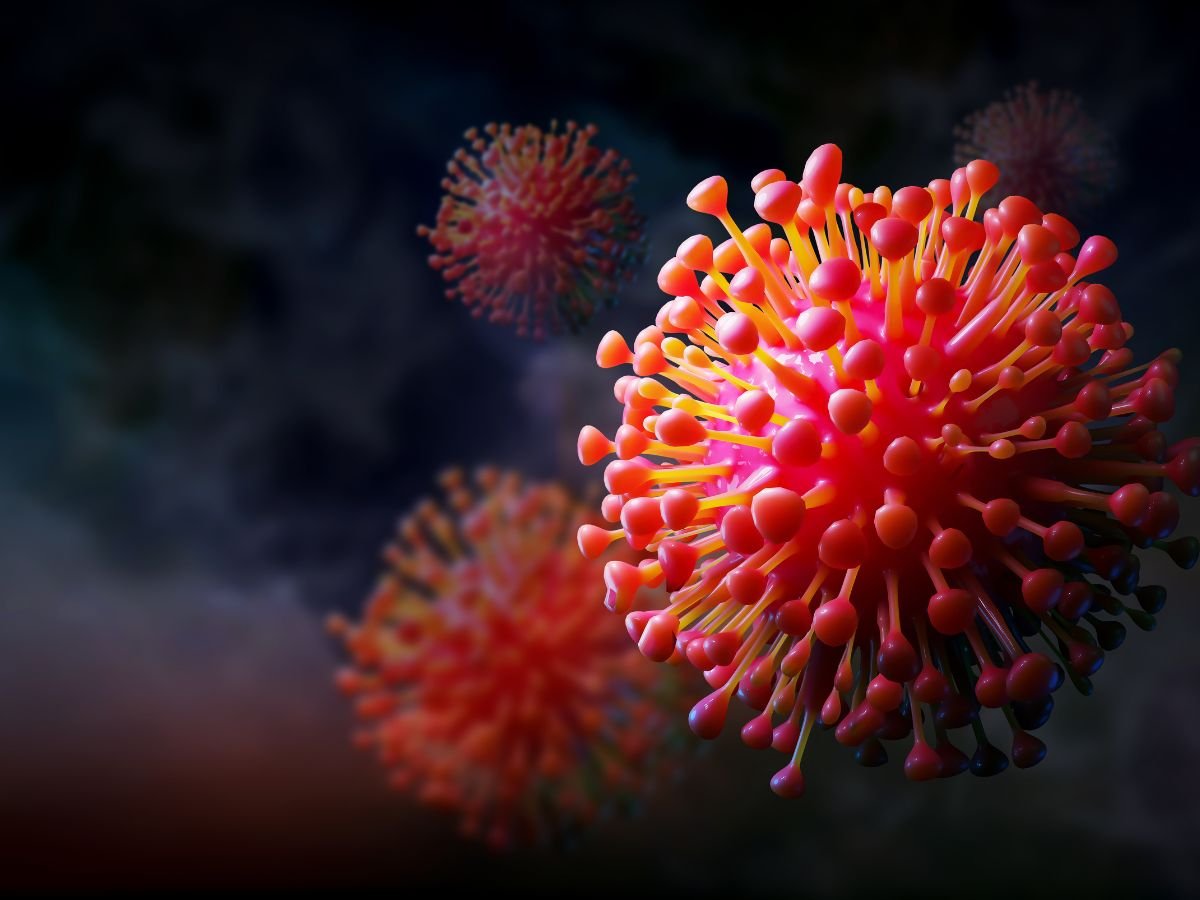New Delhi, 26 May 2025: India is once again witnessing a concerning rise in daily COVID-19 cases, prompting several states to issue health advisories and enhance surveillance. As fresh variants emerge and spread rapidly across regions, medical experts are warning the public to stay vigilant—especially about the new symptoms associated with the latest strains of the virus.
Sudden Surge in COVID-19 Cases Across India
Over the past few weeks, multiple states—including Delhi, Maharashtra, Kerala, and Karnataka—have reported a sharp increase in COVID-19 cases. According to health authorities, this unexpected surge is being closely monitored as the country navigates the post-pandemic phase with renewed caution.
What makes this wave particularly worrisome is the presence of new sub-variants. While JN.1 continues to be the dominant strain across Asia, experts have flagged two additional mutations—NB.1.8.1 and NF.7—that are rapidly gaining ground in various parts of India. These sub-variants are believed to be more transmissible and possibly immune-evasive, leading to a faster spread among communities.
Regions such as Delhi-NCR, Andhra Pradesh, Telangana, and Bengaluru have become hotspots, with health departments issuing alerts and advising people to mask up in crowded spaces and follow basic COVID protocols once again.
New COVID-19 Symptoms You Shouldn’t Ignore
What distinguishes this wave from previous ones is the emergence of new symptoms, some of which differ from the classic signs of COVID-19 like fever, cough, and breathlessness. Doctors are observing a shift in clinical presentations, with patients experiencing symptoms that could easily be mistaken for seasonal infections or gastrointestinal issues.
Here are the new warning signs linked to the current variants:
- Persistent sore throat that doesn’t improve with home remedies
- Nasal congestion with thick mucus
- Unusual fatigue even after a good night’s sleep
- Sudden chills or shivers without high fever
- Muscle cramps and body aches more severe than usual
- Mild fever with a heavy head
- Digestive issues like nausea, stomach pain, or mild diarrhea
- Loss of appetite or altered taste
- Mild shortness of breath or chest tightness in vulnerable individuals
Doctors urge people to not dismiss these symptoms, especially if they persist beyond two days or worsen suddenly. Early testing and isolation can help prevent further spread and complications, particularly in elderly individuals and those with pre-existing health conditions.
What Do We Know About the New Variants?
The NB.1.8.1 and NF.7 sub-variants are currently under investigation for their transmission potential and resistance to existing immunity. Early data suggests that these mutations may have spike protein changes, enabling them to partially escape vaccine-induced immunity and prior infection antibodies.
While these sub-variants are not officially classified as variants of concern by the World Health Organization (WHO), their rapid spread in certain clusters has drawn attention. Experts stress the importance of genomic surveillance and vaccination boosters to minimize risks.
Government and Public Response
In response to the rising numbers, local governments have started ramping up testing, especially in hospitals and international airports. Citizens are being urged to wear masks in closed, poorly ventilated spaces such as shopping malls, offices, and public transport.
Several states have also reintroduced thermal screening, particularly at railway stations and bus terminals. While there is no national lockdown or travel restriction in place, authorities are closely monitoring the situation and may take localized containment measures if cases continue to rise.
India’s health system is better equipped now than during the peak pandemic years, but the evolving nature of the virus remains a concern. Citizens are advised to:
- Stay updated on new symptoms
- Get tested promptly if feeling unwell
- Wear masks in crowded areas
- Maintain hand hygiene and respiratory etiquette
- Get booster shots if eligible
The message from healthcare professionals is clear: “Don’t panic—but don’t ignore the warning signs either.” Early detection, responsible behavior, and continued surveillance are key to managing this new phase of the COVID-19 journey.







